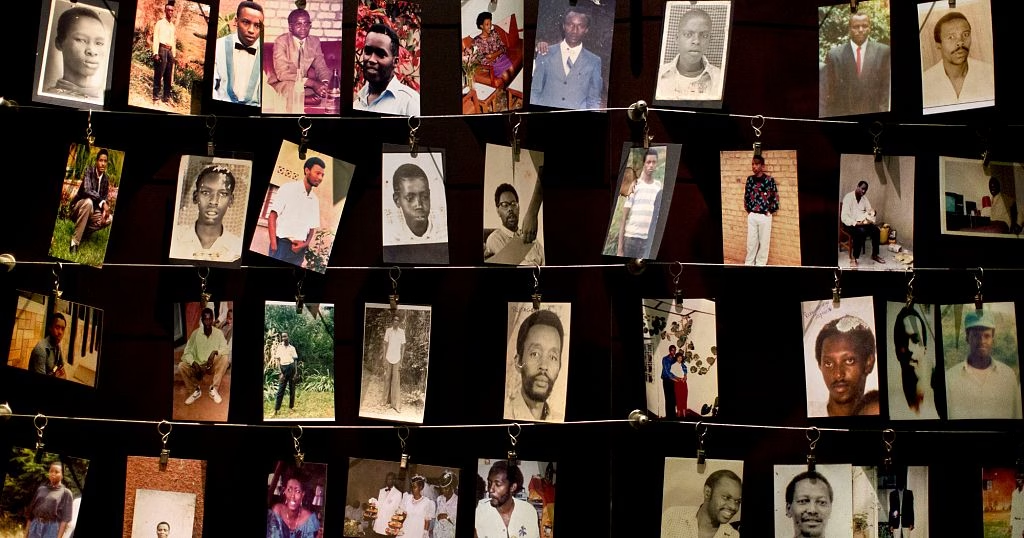Rwanda marked a somber occasion on Monday, commemorating the 1994 genocide that resulted in the loss of at least 800,000 lives, predominantly from the Tutsi community, who were brutally massacred by the Hutu militia. The annual event, known locally as ‘Kwibuka’ or Remembrance Day in Kinyarwanda, held significant importance this year as it coincided with the 29th anniversary of the start of the commemorations in 1994.
The commemorations, however, were overshadowed by the ongoing turmoil in the eastern Democratic Republic of Congo, where the Rwanda-backed M23 militia has launched a series of attacks against the authorities. The militia has seized control of two major towns, Bukavu and Goma, exacerbating the crisis in the region. This development has sparked concerns about the stability of the region and the potential for further violence.
The 1994 genocide was sparked by the assassination of the presidents of Rwanda and Burundi, who died in a missile attack on their aircraft on April 6, 1994. The following day, the moderate Hutu prime minister of Rwanda, Agathe Uwilingiyimana, and her husband were killed by Rwandan soldiers. This event marked the beginning of a 100-day period during which Hutu extremists systematically slaughtered hundreds of thousands of minority Tutsi and moderate Hutu individuals.
The Rwandan government and people have made significant strides in rebuilding and reconciling their community since the genocide. However, the current crisis in the eastern DR Congo serves as a reminder of the ongoing challenges faced by the region. As Rwanda continues to navigate its complex history and work towards a more stable future, the international community remains watchful, hoping for a peaceful resolution to the conflict in the eastern DR Congo.
The commemorations in Rwanda served as a poignant reminder of the devastating consequences of hatred and violence. The event was an opportunity for the people of Rwanda to come together, reflect on their past, and reaffirm their commitment to peace and reconciliation. As the world looks on, it is essential to acknowledge the progress made by Rwanda while also recognizing the need for continued support and cooperation to address the ongoing challenges in the region.
